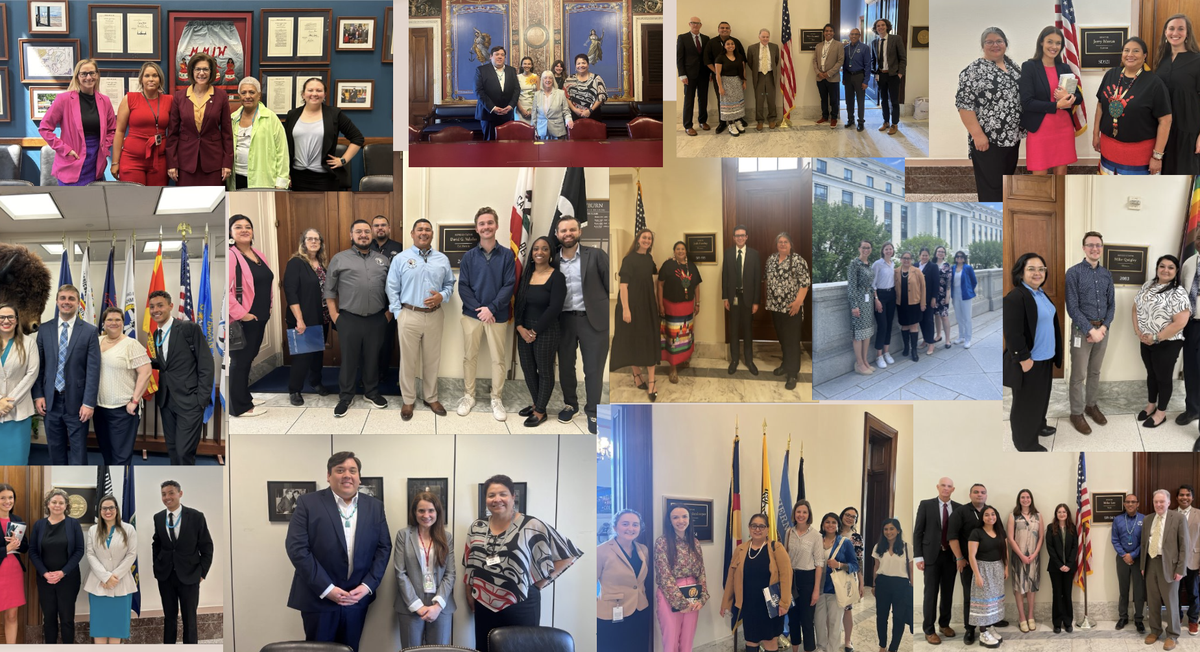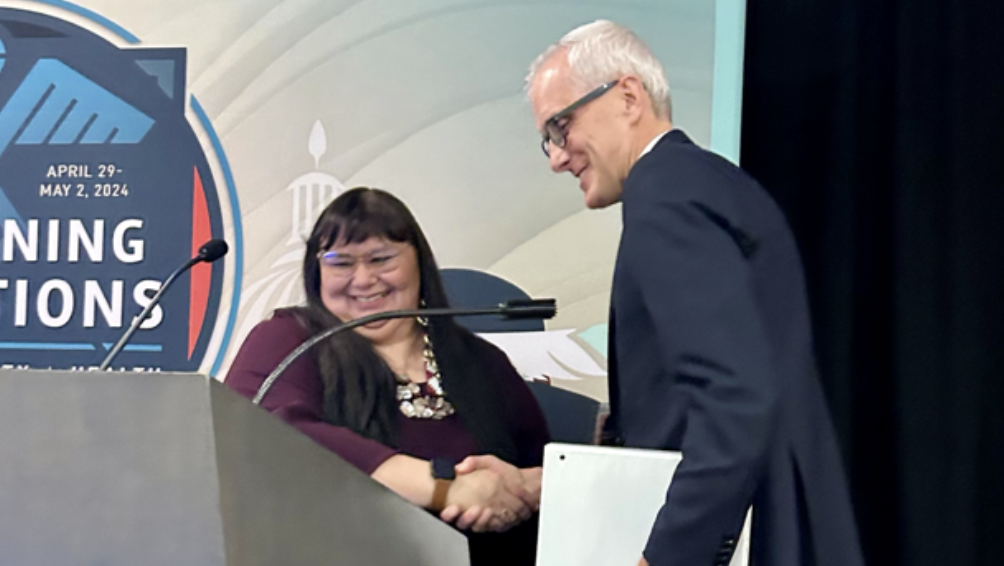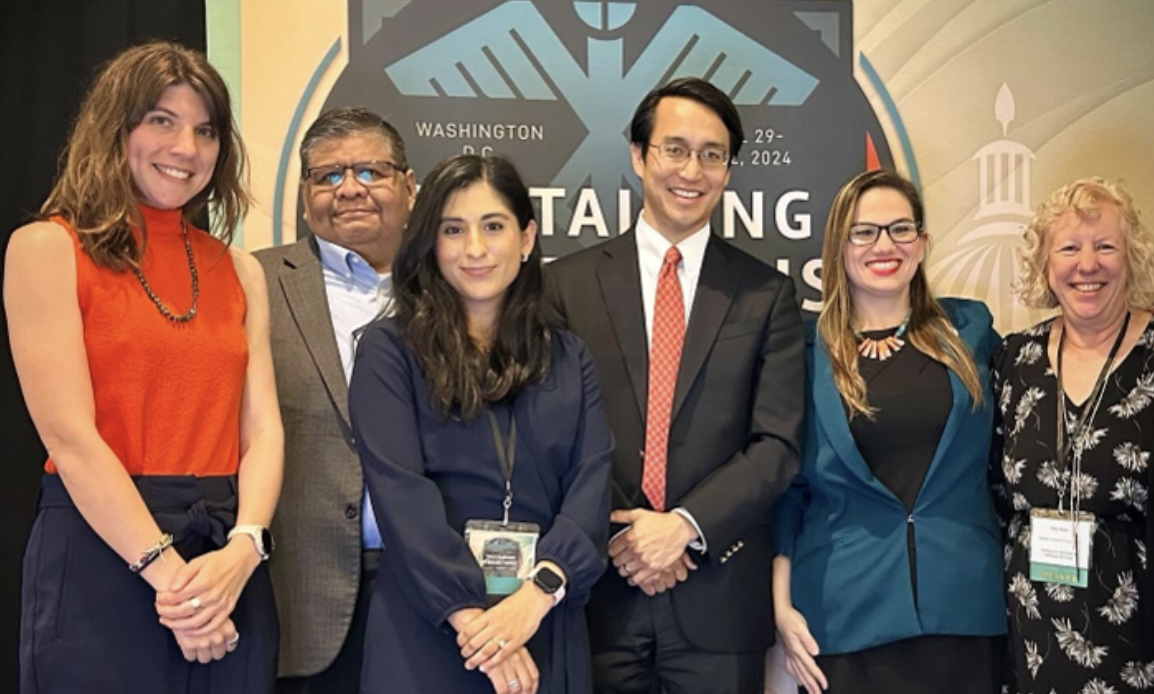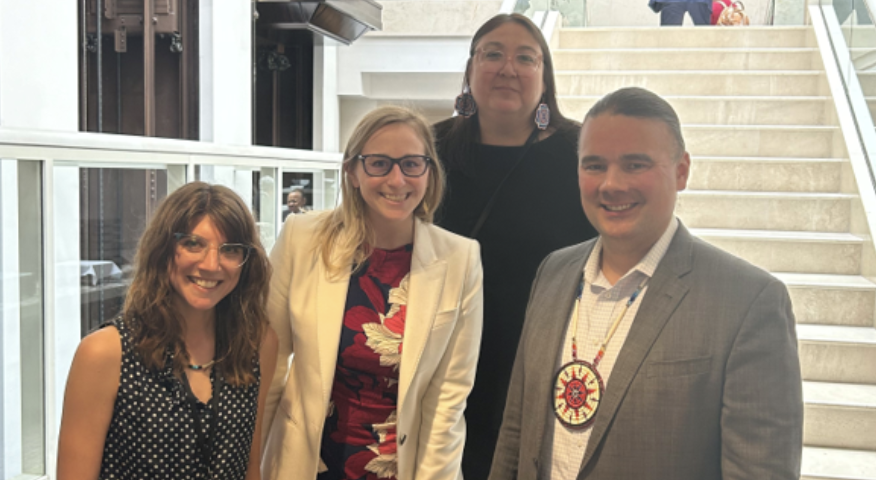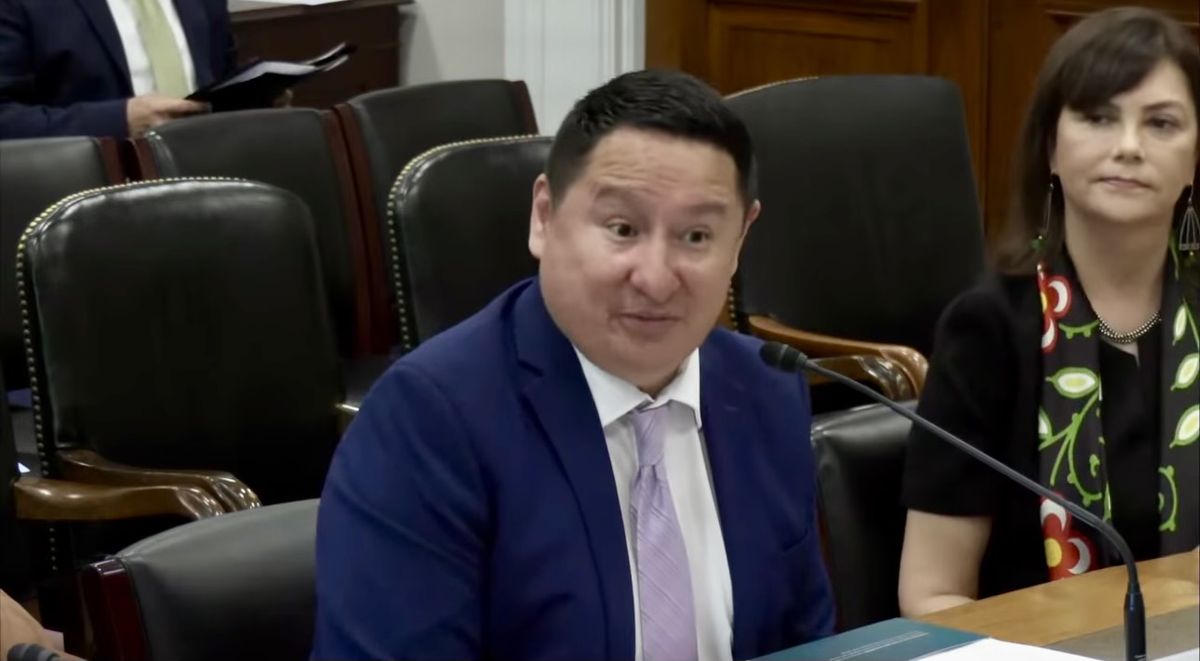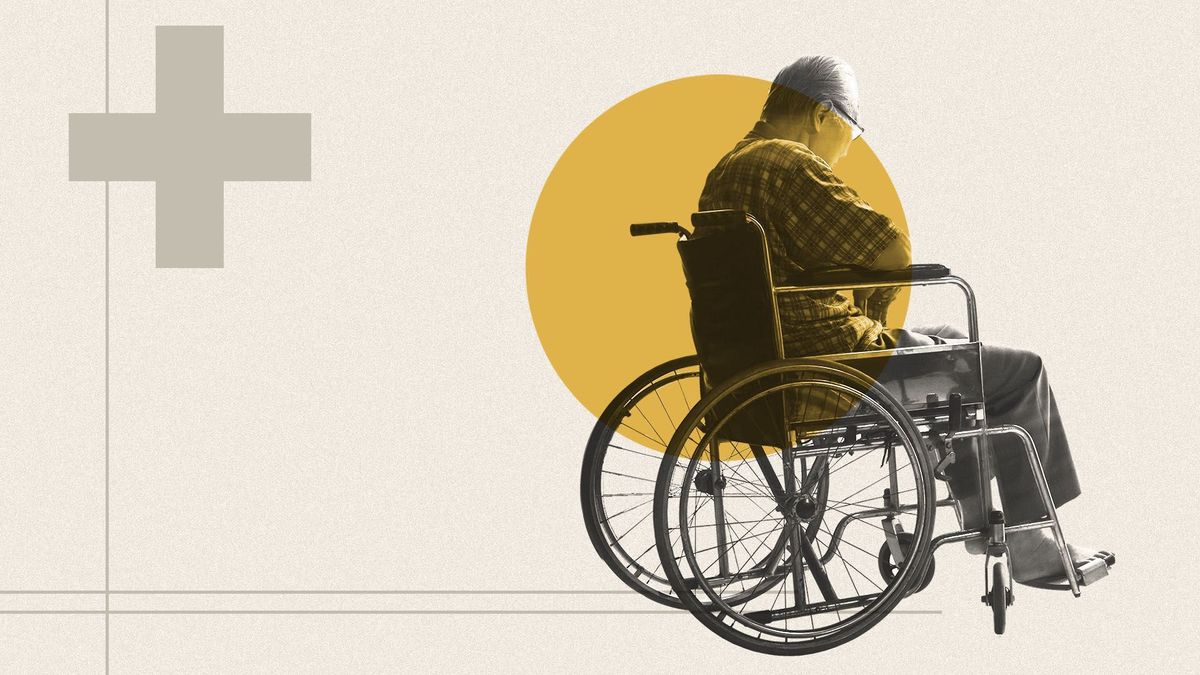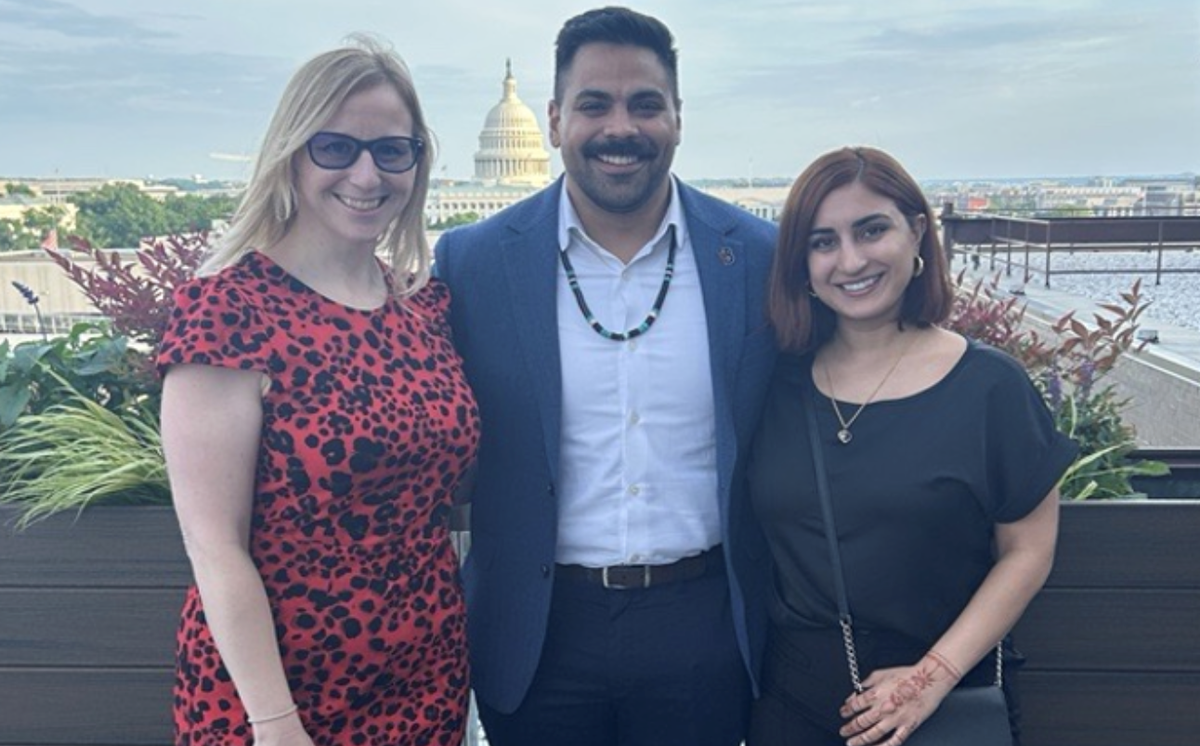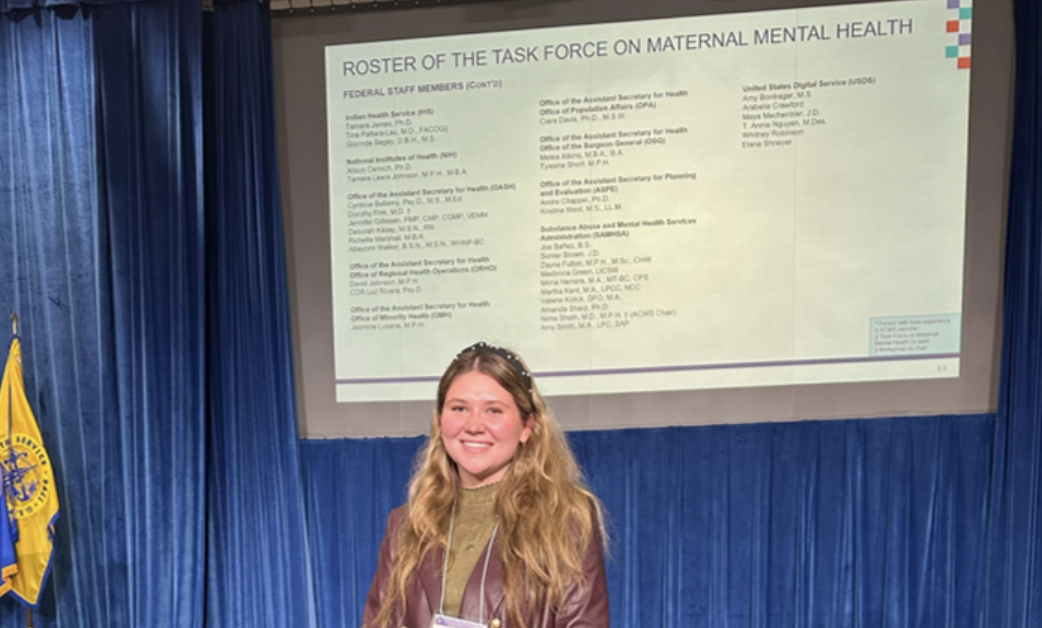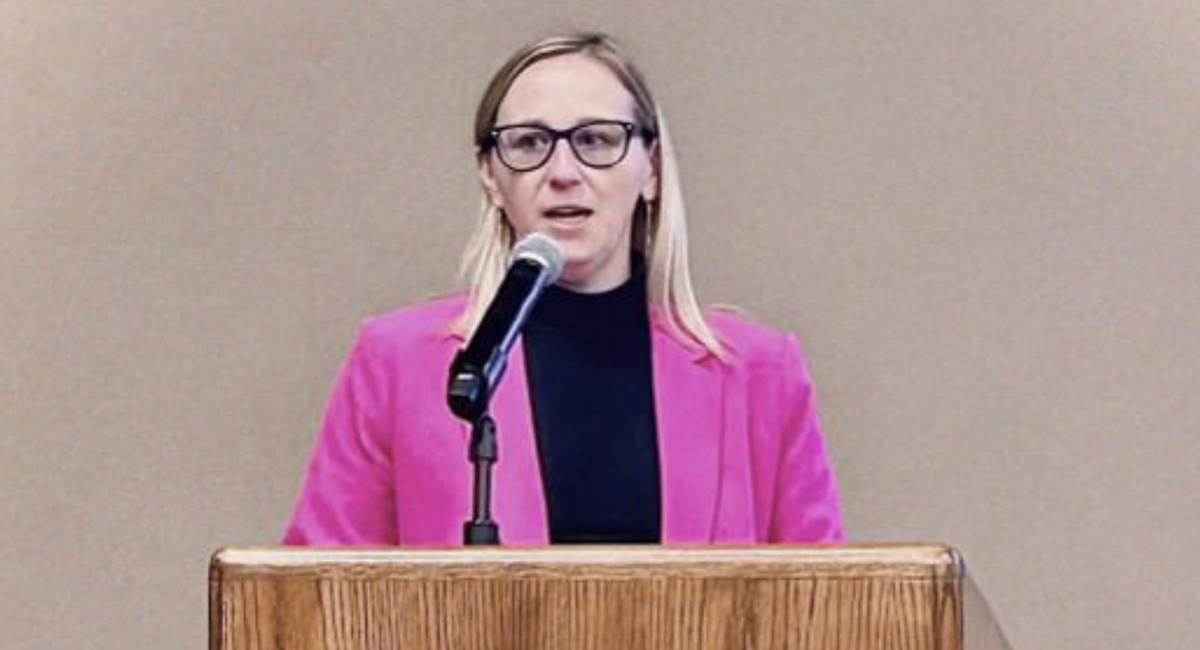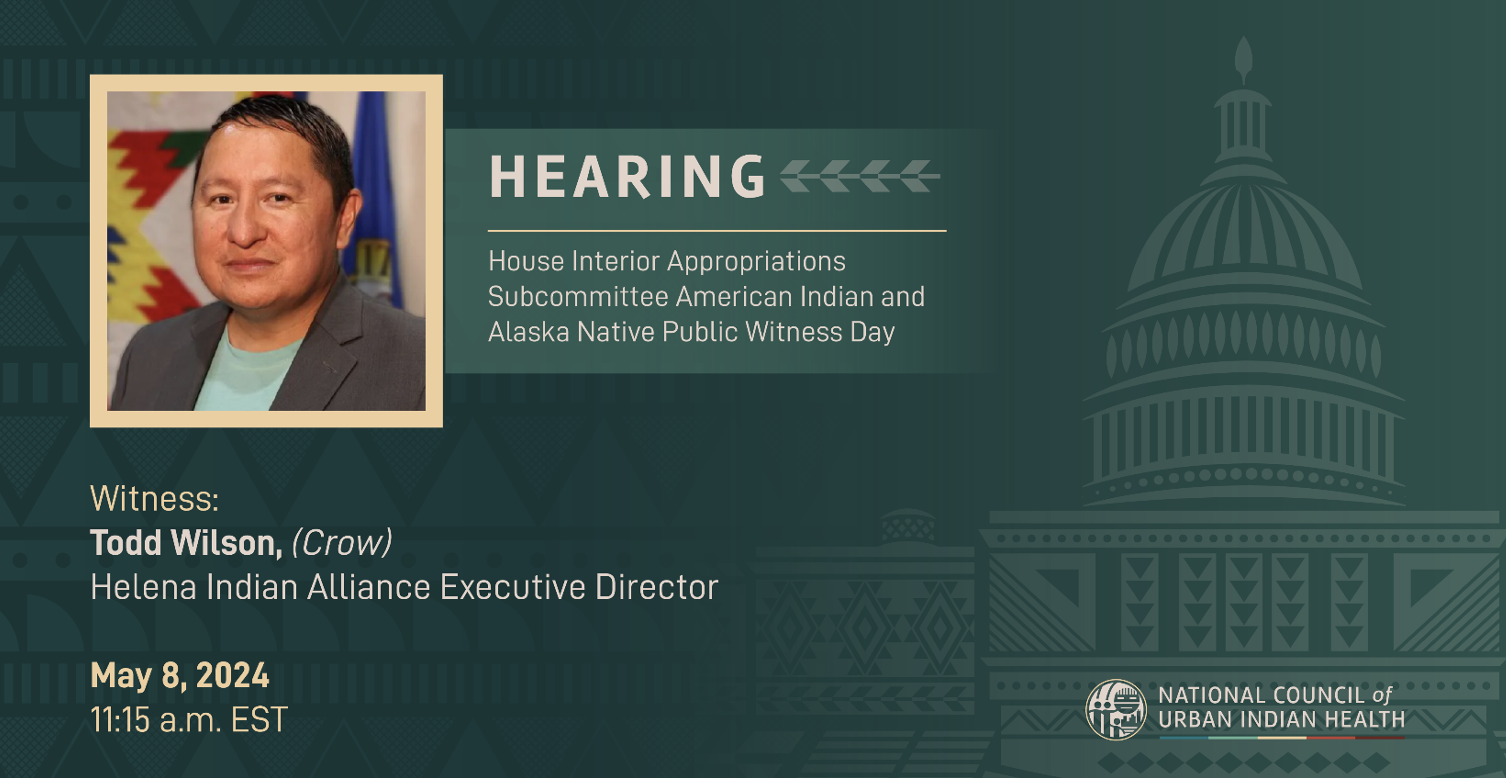20 Senators Request Increased Resources and Stable Funding for Urban Indian Health in FY 2025
On May 14, 2024, 20 Senators requested up to $965.3 million for urban Indian health in Fiscal Year (FY) 2025 and advance appropriations for the Indian Health Service (IHS).
Sen. Tina Smith (D-MN) and 19 other Senators sent a letter to Chairman Jeff Merkley (D-OR) and Ranking Member Lisa Murkowski (R-AK) of the Senate Interior Appropriations Committee requesting up to $965.3 million for urban Indian health as part of the Tribal Formulation Workgroup’s topline request of $53.85 billion for IHS in FY 2025. The letter also requests the Appropriations Committee maintain advance appropriations for IHS for FY26. The letter emphasizes the critical role that Urban Indian Organizations (UIOs) play in the health care delivery to American Indian and Alaska Native patients and the importance of providing UIOs with the necessary funding to continue to provide quality, culturally competent care to their communities. On May 1, 2024, a group of 52 Representatives sent a letter to the House Interior Appropriations Committee with the same requests.
The letter also notes that chronic underfunding of IHS and urban Indian health has contributed to the health disparities among American Indian and Alaska Native people living in urban areas that suffer greater rates of chronic disease, infant mortality, and suicide compared to other populations.
This letter sends a clear and powerful message to Chairman Merkley and Ranking Member Murkowski and the members of the Senate that funding for urban Indian health must be significantly increased to fulfill the federal government’s trust responsibility to provide quality healthcare to all American Indian and Alaska Native people.
NCUIH is grateful for the support of the following Senators:
- Tina Smith
- Tammy Baldwin
- Maria Cantwell
- Ben Luján
- Edward Markey
- Alex Padilla
- Jack Rosen
- Jon Tester
- Chris Van Hollen
- Elizabeth Warren
- Amy Klobuchar
- Catherine Cortez Masto
- Laphonza Butler
- Kyrsten Sinema
- Ron Wyden
- Mark Kelly
- Kirsten Gillibrand
- Richard Blumenthal
- Tammy Duckworth
- Michael Bennet
Full Letter Text
Dear Chairman Merkley and Ranking Member Murkowski,
We write to thank you for your proven commitment to the Indian health system, including Urban Indian Organizations (UIOs), and to request you continue your support by funding urban Indian health at the highest level possible, up to $965.3 million, and retaining advanced appropriations for the Indian Health Service (IHS) in the Fiscal Year (FY) 2025 Interior, Environment, and Related Agencies Appropriations Act.
These requests reflect the full need for urban Indian health determined by the Tribal Budget Formulation Workgroup, which is comprised of Tribal leaders representing all twelve IHS service areas. The Workgroup recommended this funding amount for urban Indian health as a part of a $53.85 billion topline recommendation for the Indian Health Service.
UIOs are an important part of the IHS, which oversees a three-prong system for the provision of health care: Indian Health Service, Tribal Programs, and Urban Indian Organizations (I/T/U).UIOs are on the front lines in working to provide for the health and well-being of American Indians and Alaska Natives living outside of Tribal jurisdictions. They serve patients from over 500 federally recognized Tribal Nations in 38 urban areas across the country. UIOs are not eligible for other federal line items that IHS and Tribal facilities are, like hospitals and health clinics, money, purchase and referred care dollars, or IHS dental services dollars. Therefore, this funding request is essential to providing quality, culturally-competent health care to AI/AN people living in urban areas.
Chronic underfunding of IHS and urban Indian health has contributed to the health disparities among AI/AN people. Additionally, AI/AN people living in urban areas suffer greater rates of chronic disease, infant mortality, and suicide compared to all other populations. Urban Native populations are less likely to receive preventive care and are less likely to have health insurance. Additional funding is critical to addressing this disparity.
In order to fulfill the federal government’s trust responsibility to all AI/AN people to provide quality healthcare, funding for urban Indian health must be significantly increased. It is also imperative that such an increase not be paid for by diminishing funding for already hard-pressed IHS and Tribal providers. The solution to address the unmet needs of urban Native and all AI/AN people is an increase in the overall IHS budget.
Thank you for your continued support of urban Indian health and your consideration of this important request.



